CHAPTER ONE – BRUTUS IS AN HONORABLE MAN
“Every child comes with the message that G-d is not yet discouraged of man.”
Rabindranath Tagore
I was born in a small suburb just outside of Akron, Ohio and back home we used to say there are three bones everyone needs – a wishbone, a funny-bone and a backbone. You’re about to find out how I got my wishbone…
I grew-up in an unusual three-bedroom ranch, but the strange layout, half walls and valeted ceilings weren’t the only unsettling thing under that roof. There was a lion inside that house. And the lion was the king of the forest.
One Sunday when the older neighborhood kids were at religious school and the lion was playing golf I found myself home alone. I loathed being alone. So, I ventured out in search of someone who would play with me.
All of life is a succession of things we could have done differently. The impact of this small choice, made at an age when I wasn’t even old enough to attend Kindergarten, would alter my life forever.
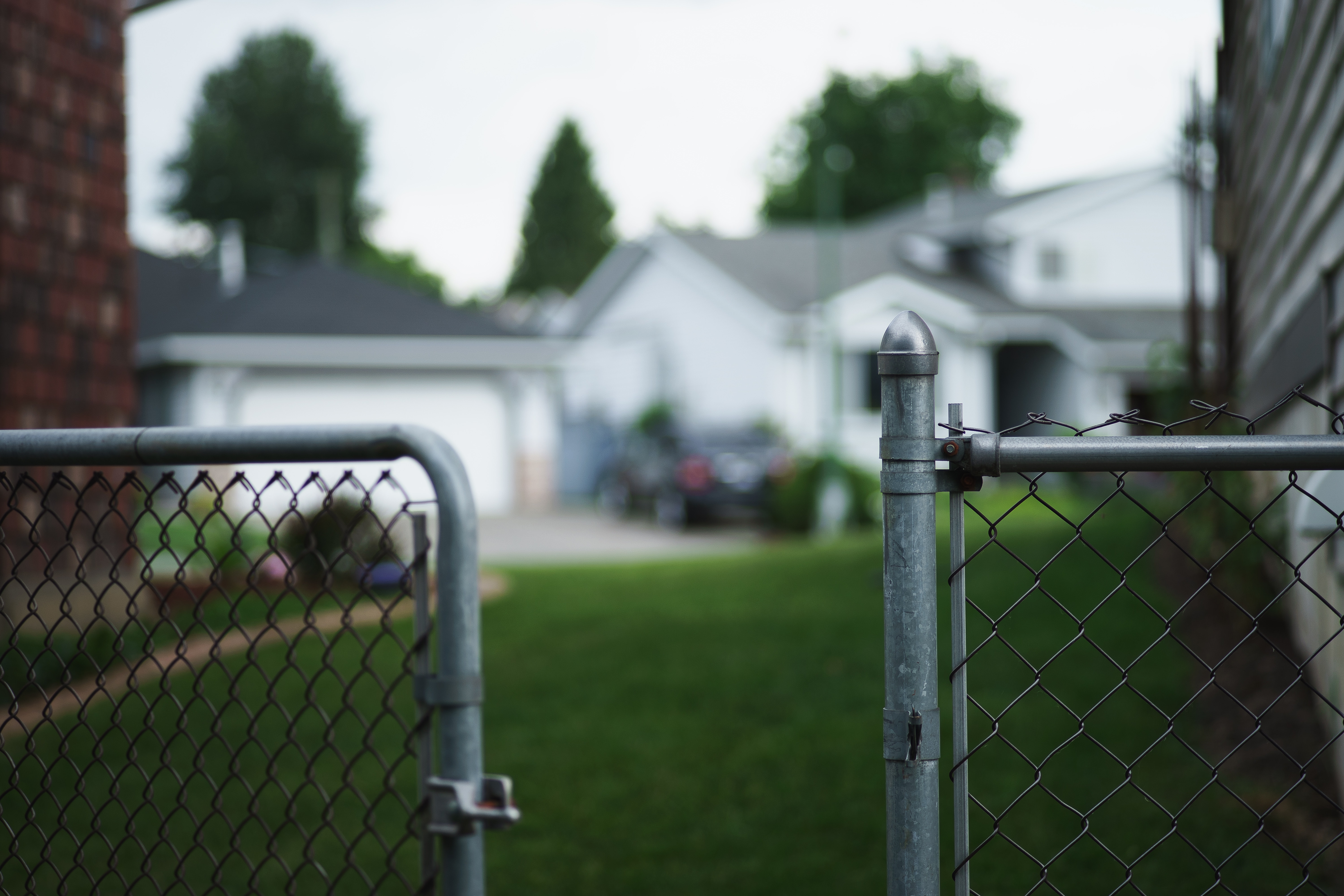
I don’t know if I found them or if they found me. I knocked on the door of the house I played in so frequently with his sister, but she wasn’t home and he answered instead. I found myself alone with him in a small bedroom that sat on the second floor above the driveway. The room had a twin bed with a baby blue comforter. The door to the closet was open and there were dirty clothes strewn on the floor. I stepped on something hard and it hurt, but I didn’t let out a sound. There was a small wood desk under a window and he was fishing around in one of the drawers for something. I didn’t know what. I was intrigued. I was scared. I wanted to run, but my feet wouldn’t move.
He pulled out a piece of cardboard that had been ripped off the side of a box and wasn’t much bigger than your average dinner plate. He got a pen and drew an “x” with a circle around it on one side of the cardboard. He said we were going to play a game.
I didn’t want to play.
I wanted to go home.
I turned towards the door, which was still open and started walking towards it. He jumped in front of me and closed the door. He said the game wouldn’t take long and I could go home once it was over.
He flipped the piece of cardboard the same way you’d toss a coin. He had me call it in the air. I lost.
He took off his pants and his underwear. He took off my pants and my underwear. He touched me. He touched himself. This lasted until he told me he was finished. I pulled up my pants and felt as though weighted shackles had been placed around my feet. I started to cry. And I ran. I cried while I ran. It didn’t slow me down.
I ran all the way home. I didn’t feel out of breath. I knew what this person had done was wrong. I knew it was bad. I didn’t know that in life we are what we have done and what has been done to us.
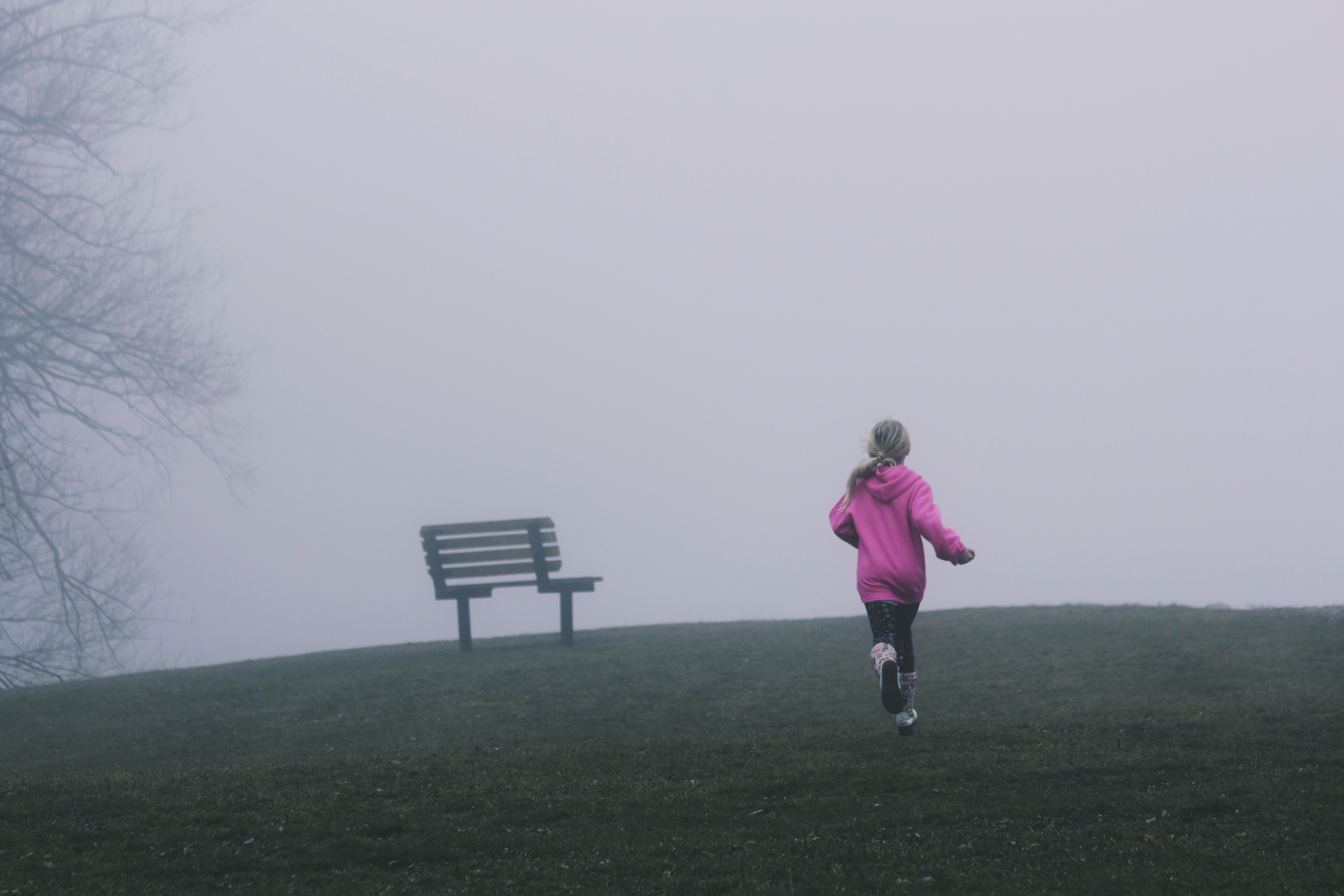
The prevalence of childhood sexual abuse in the United States is difficult to determine, because much of it (like this instance) goes unreported. According to the National Center for Victims of Crime one in five girls and one in twenty boys are victims of childhood sexual abuse.
The most common side effect is Post Traumatic Stress Disorder (PTSD). Symptoms can last into adult years and may include withdrawn behavior, reenactment of the event, avoidance of similar circumstances and hyper-reactivity. Children abused at an early age also often become hyper-sexualized, promiscuous, lack self-esteem and have issues with substance abuse. (#foreshadowing)
I was forever changed that day. Directly afterwards, I developed difficulty expressing anger. Less than a year later another boy surprised me with my first kiss and I pushed him away and bit him. I became terrified of the dark, developed insomnia and also had night terrors. For years afterwards, I often woke-up in the middle of the night vomiting from the reverberations of that day.

Ironically, I believe this event was also the unlikely catalyst for my unshakable belief in the good of all humanity. Something psychologists call “Theory of Mind” typically develops at this age and it allows us to attribute different mental states (beliefs, intents, desires, emotions, etc.) to ourselves and others and realize that different people have different perspectives.
The way this trauma stunted the development of this area of my brain made social interactions difficult since I lacked the ability to analyze and judge the behavior of others. For example, because I would never scam someone out of money, I wouldn’t see it coming when others would try to scam me out of money. So I was about to walk through life with the knowledge that there were bad people out there, but I would never actually meet any of them. Simultaneously, I would become the world’s easiest target for criminals and attract them into my life over and over again.
The intense isolation enforced on me by my various abusers throughout my lifetime would also compound this deficit as the only way I’ve found to counteract the effects are large amounts of data from interactions with others and mindfulness. Remember, everyone has an agenda.
I believe my sister summed up the effects of this particular type of brain damage best as she used to tell people, “the best thing about my sister is that she sees the good inside everyone and genuinely loves everyone, but the worst thing about my sister is that she genuinely loves everyone.”
The main output of this abuse was that I literally lack the natural ability to be judgmental. I’ve actually had to work at it over the years and build it like a muscle. The irony of fate is perhaps nature’s greatest comedy. If it doesn’t make you laugh, well then, you just don’t get the joke.
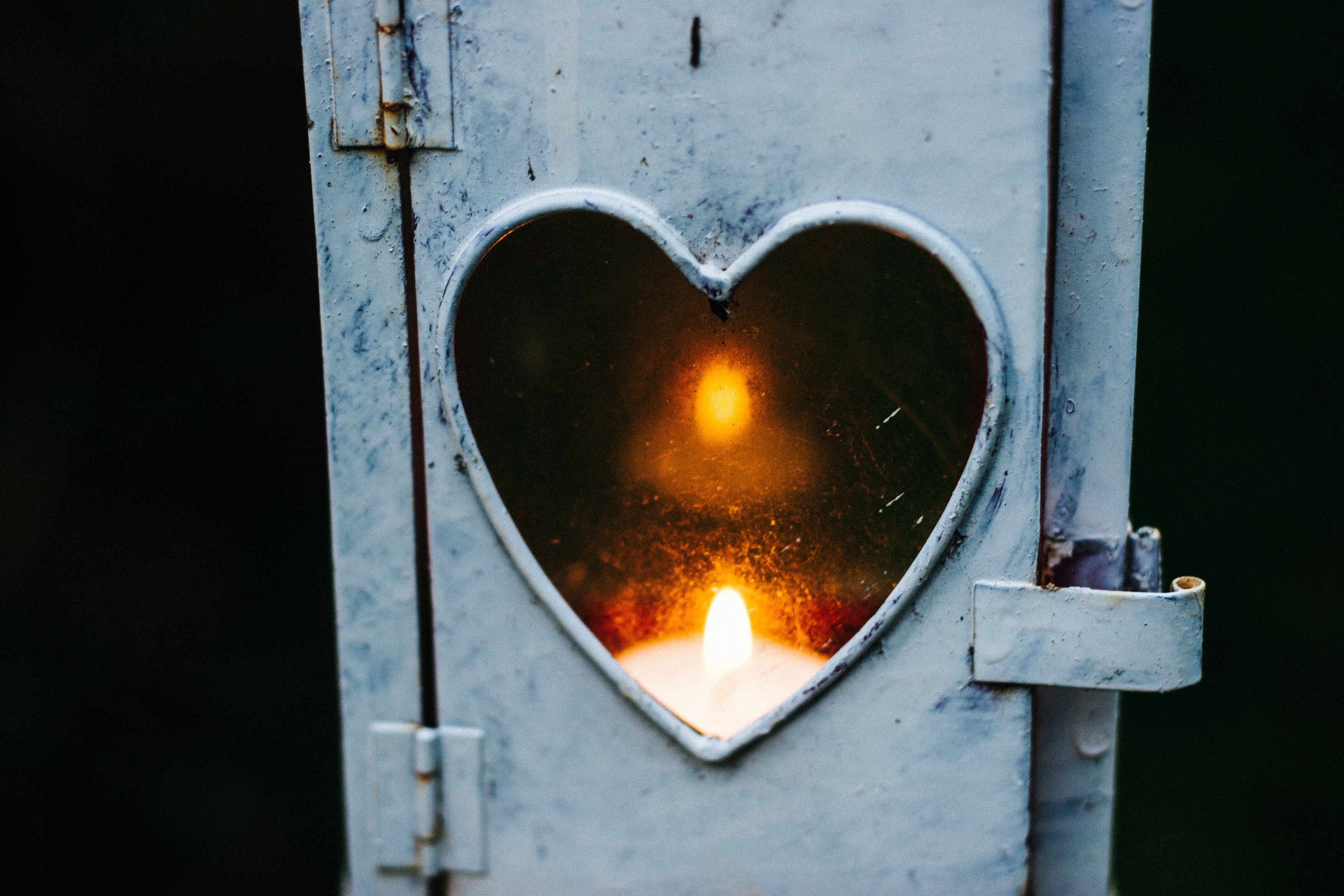
That isn’t where the story of that day ends though, because I was just getting home and my toughest battles were always fought on that front.
The back of our house had large glass sliding doors that opened onto the patio. It was a temperate day and the doors were all open. I ran up to the closest screen door and yanked hard sideways to fling it open. My hands were wet with sweat and discarded tears and my first attempt failed as I lost my grip on the handle. When I finally ripped it open I jumped inside and quickly slid it closed behind me.
I took my first deep breath when the door closed. The boy hadn’t followed me home, there was no one behind me, but I felt as though I was being chased by “something” and closing that door meant I was “safe” now. At least for a moment.
As soon as I finished exhaling I burst into tears again and broke out into another run, this time heading towards the master bedroom.
I was looking for my Mom. I wanted my Mommy. I wanted to tell her what had happened. I wanted her to give me a hug. I didn’t want to be alone. I wanted her to tell me it was OK. That it was all going to be OK.
I ran through the kitchen and into the dining room. I started rounding the corner towards the bedroom. I ran right into the lion. He was less than happy. He didn’t like little kids running inside the house. For once in my life, his anger didn’t register with me.
Tears were streaming down my face and I was trembling as I looked up at him. The words fell out of my mouth like milk poured from a freshly opened gallon jug. I looked to him for guidance. I looked to him for help. I looked to him to make it better.
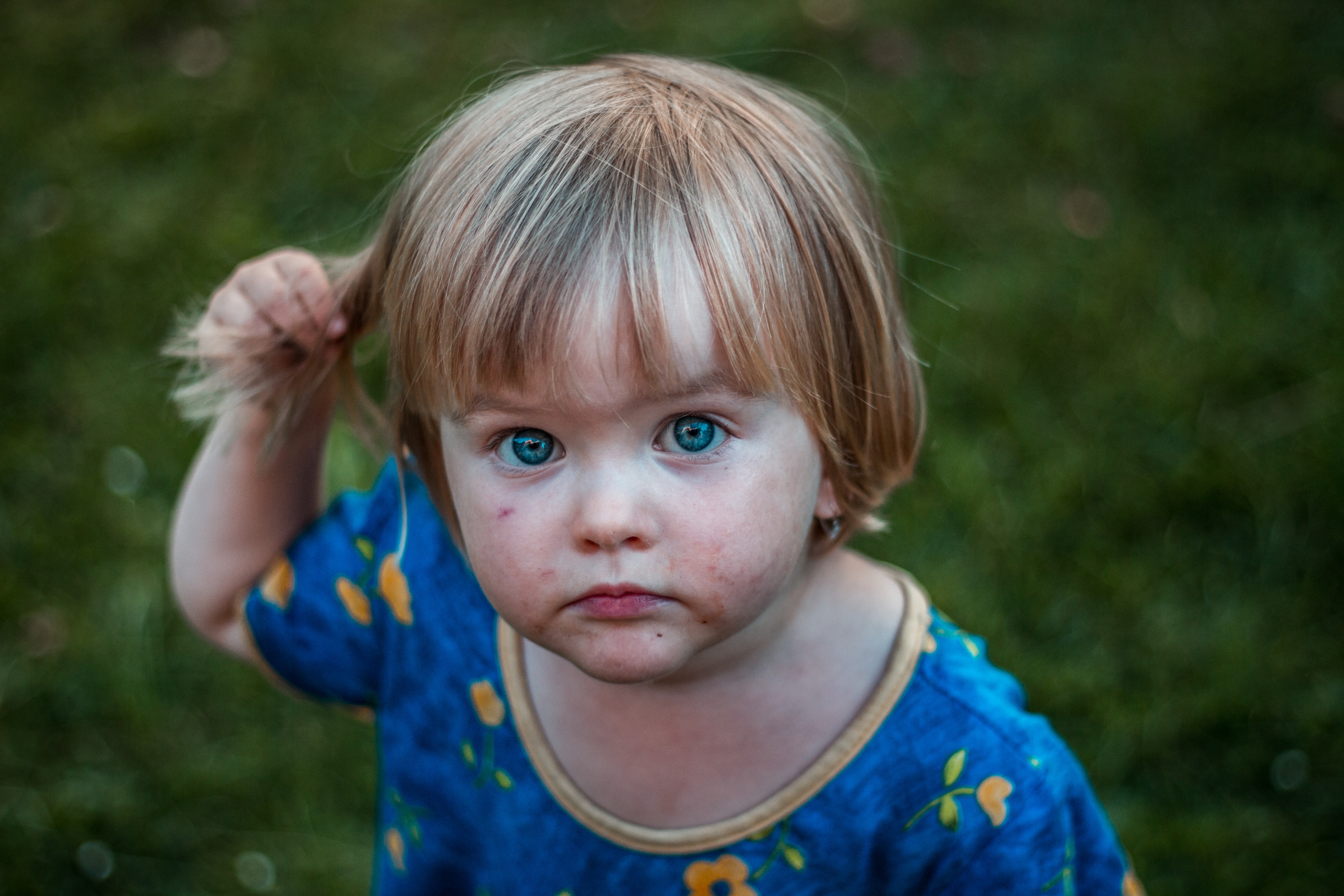
He picked me up in one foul swoop and threw me over his shoulder. Had he misunderstood me? My stomach pressed against his shoulder so hard that I couldn’t speak. He was taking large strides and we crossed through the kitchen quickly and he started heading down the back hall. As I glimpsed the black and white checkered tile that lined the mudroom the feeling in the pit of my stomach grew and I was sure I was going to throw-up when he started down the stairs towards the basement.
The light wood door slammed shut and as we crossed the threshold into the office my father started pulling down my pants. He still had me dangling over his shoulder. I screamed and reached for my waistband pulling at it as hard I could. I was struggling to keep them on, but it was useless. He got annoyed and slapped my ass with them still on. Then he slapped my hand. Hard. And this time when he reached for my pants, he pulled my underwear off with them. He hit me until his hand hurt. Then he hit me for making it hurt. Yelling all the while that this was a horrible story to make-up. Slap. I shouldn’t make-up stories like this one. Slap. In this house we were honest. Slap. Don’t ever speak of this again. Slap.
That wasn’t the first time the lion punished me. And it wouldn’t be the last. If you annoyed him he’d warn you that you were “cruisin’ for a bruisin’” – he’d say it with a red face and a tilt of his head as spit gathered at the corners of his mouth to frame a half-cocked smile.
The punishment itself was always given in that room. Why the office? Why in the basement? Was he purposely looking for a room that was underground and away from the rest of the house? Was he trying to hide my screams and my crying? Did my mother know what he did to me? As an adult, these questions have always plagued me. As a child though, they never crossed my mind.
These instances were always unexpected and his temper often erupted without warning. The lion cultivated an air of unpredictability. Keeping me in a constant state of suspended terror and keeping himself in control. It did a lot of the heavy lifting for him. I walked on egg shells around him all the time.

It takes a lot of effort not to be free. Keeping your head down becomes an act of self-betrayal. And holding your tongue is the pick axe you take to your own identity as you continually chip away at your own self-worth.
Adverse childhood events (ACEs) have an extreme effect on the developing brains and bodies of children. Altering areas responsible for impulse control, learning, substance abuse and fear processing. MRI scans reveal neurological deformities and science can explain why children exposed to high doses of adversity are more likely to engage in dangerous behaviors. But even if they don’t … they’re still more likely to develop heart disease and cancer.
Why? It all goes back to that lion and the impact of activating our body’s stress response system commonly called our fight-or-flight response. It’s an important biological adaptation for survival if you’re a caveman walking in the forest and you see a lion. Your body rapidly releases hormones like adrenaline and cortisol and you have the immediate strength to either fight that lion or flee from that lion. Which is great! If you’re in a forest … and there’s a lion.
But what if your father is the lion? What if being at home means activating that system over and over again? Instead of being a built-in life-saving alarm it becomes a destructive inner force and we’ll see the life-long damage that causes both the body and the brain.
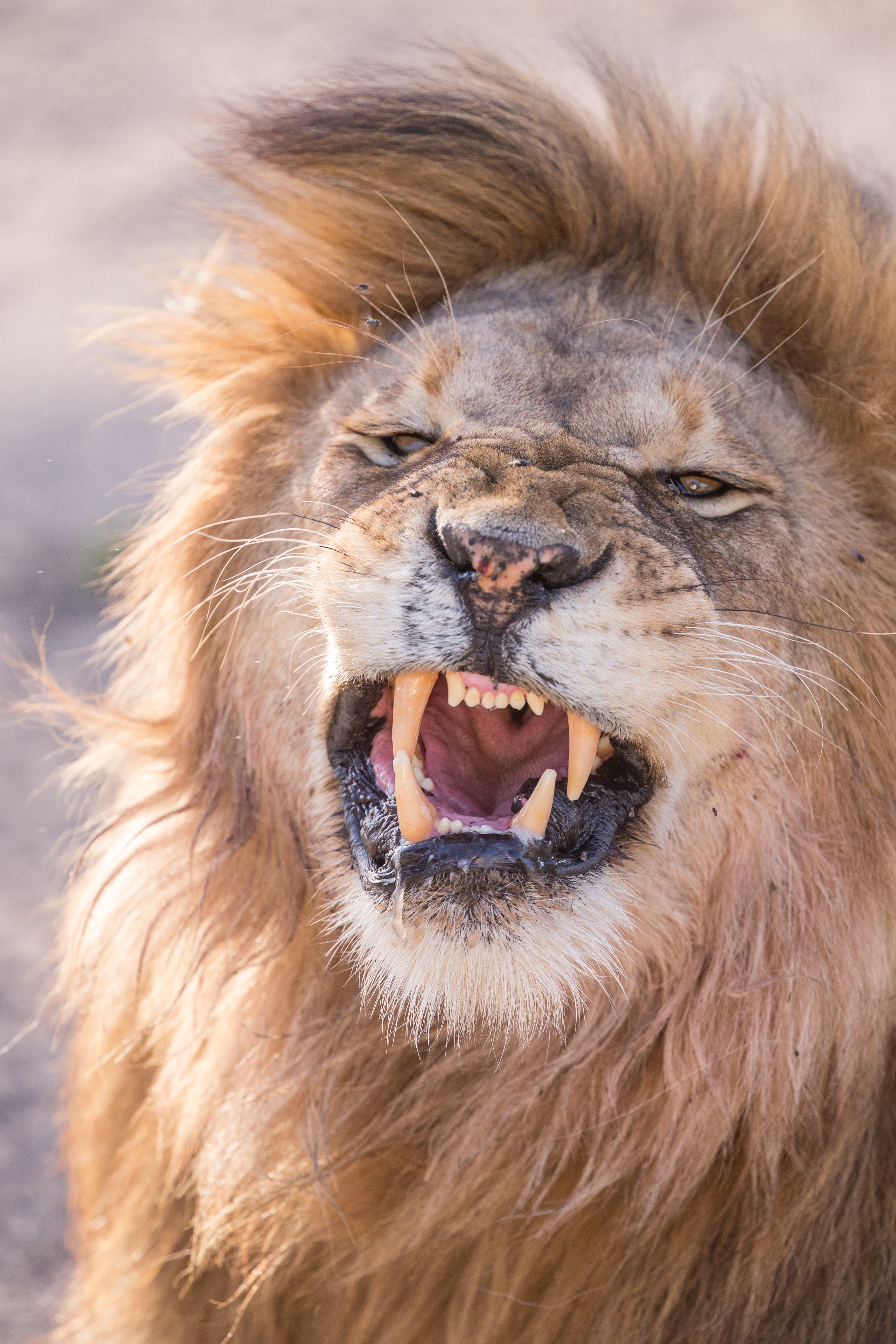
Trauma doesn’t know how to tell time. The past never fully fades away; it casts a permanent reflection as though caught between two mirrors. There is a bright mirror of actions and affirmations. And a dark mirror, hallow in essence from those times we didn’t say or do anything. My parents vanished into the void of the dark mirror that day.
I was an orphan already, whether I knew it or not. And I lived the early stages of my life in a perpetual state of fear that showered down on me like unrepentant thunderstorms.
The heart of fear lies within the story we tell ourselves. That story is like the third rail, sometimes fatal and always full of power.

How did I survive this part? I used a trick every child learns very early in life. You can hear it echoed when they ask, “is this for real or just for pretend?”
I learned to live in the pretend. I often pretended like I wasn’t even there at all. I managed to escape the tragedy by riding swiftly on the back of my imagination.
I lived in a world that didn’t have any constrictions, where I could be anyone I wanted to be and do anything I wanted to do. Psychologists would call this disassociation. Elementary school teachers would call it daydreaming. I’d call it a basic survival skill.
At the time though, I didn’t call it anything. I didn’t know that my struggle was unique. I didn’t even know I was struggling. It wasn’t until much later in life that I learned most people suffer from imagining too little, not too much.
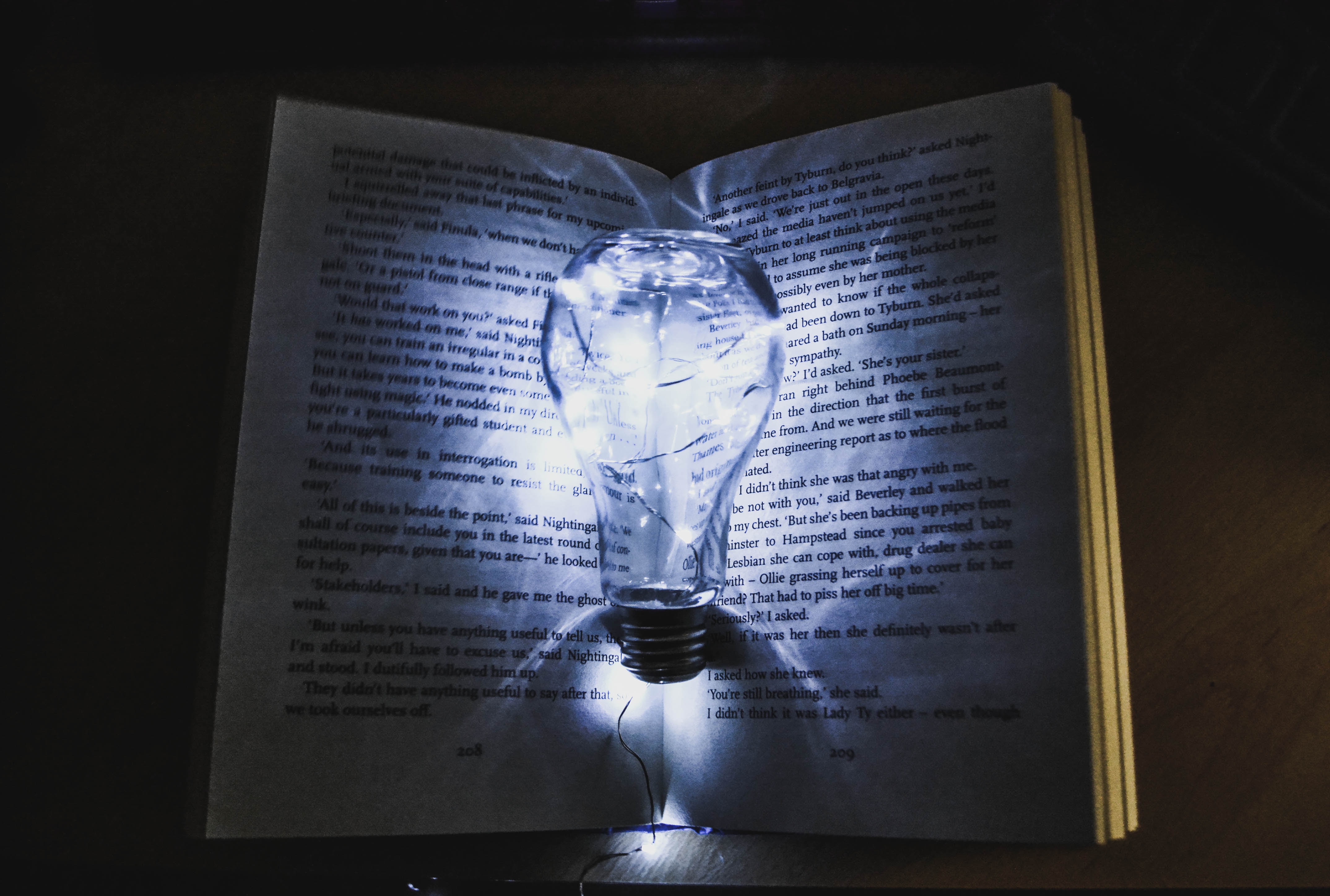
The stories I told myself back then were different every time. The setting changed, the characters changed, but, no matter the story, the plot was always the same. I was a strong woman. Invincible really. A total badass. And I survived by creating a man. He was the embodiment of my own capacity for an emotion I had never felt.
I’m not really that different from everyone else. We all dream about the things we want the most and experience the least. I just thought about mine often. And in great detail.
What if you told yourself a different story? Use your imagination. Make one up. There are no limitations on the written page. No rules, no laws of physics that must be followed, no gravity. Words are our most inexhaustible source of resiliency, capable of remedying the most severe of wounds. You’d also soon discover, like I did, that the words we tell ourselves are always far more meaningful than the words of others.
Use caution though, this magic cuts both ways. Yes, words can be a source of healing and a means for survival. But, they are also capable of inflicting injury. They can be manipulated and negative thoughts will take you prisoner. If you walk towards the darkness instead of the light they will wrap themselves around your limbs like a spider silk until you are so constricted, you cannot move. And that’s when the spider will come out to pierce your skin allowing his venom to enter your blood and numb your thoughts.
So, keep a tight grip on your imagination and lock that shit down before you find yourself in a hole so deep you could go fracking. I’d hate for you to discover, like I did, that sometimes the most veracious path is also a tormented one.
Come back next week for Chapter Two! Read about the divorce and a scandal that moves our character from the small town suburbs of Ohio to the tony towns of the Hamptons.
The goal is to shed light on the current epidemic of narcissism in our country. It is also my most sincere hope that this story will help people who are survivors of abuse or suffering with mental illness to find not only solace, but salvation.
Bonus points if it also sparks a national dialogue about how the prominence of this destructive personality trait is shaping future generations, altering the fabric of our culture and impacting our society as a whole.
MORE ABOUT ACEs
ACEs (Adverse Childhood Events) are incredibly common and 67% of the population has at least one ACE. A score of 4 or more is considered to be high and 7-10 is extremely high.
Wanna know how many ACEs you have? Learn more and take the test here.
Wanna Read More?


